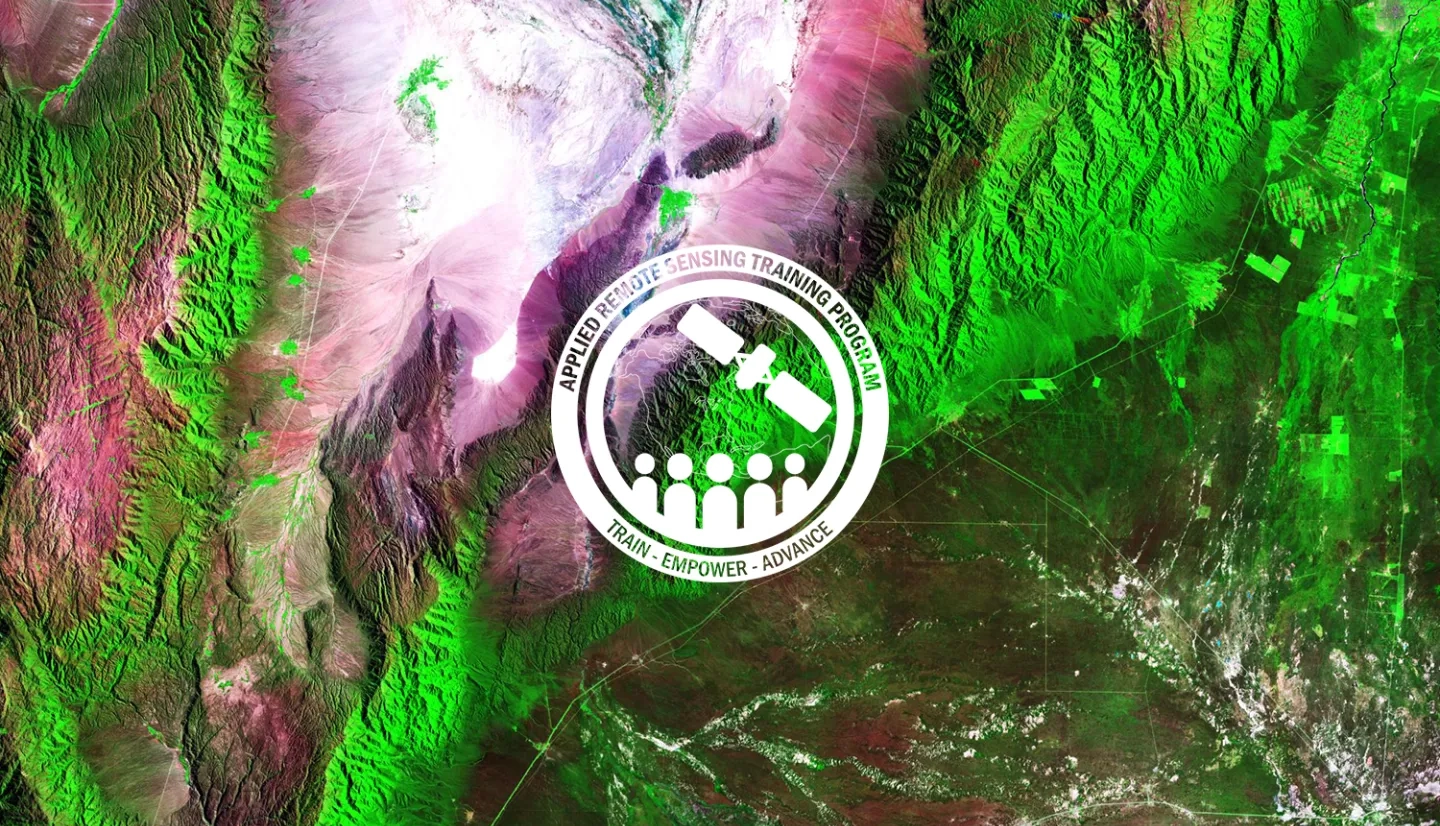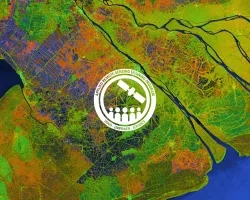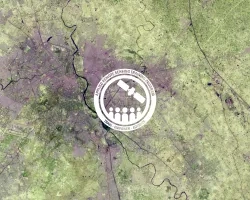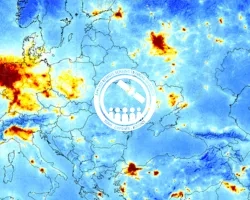Description
November 14 - 18, 2022 (9am - 5pm)
The La Plata River Basin is the second largest river basin in South America (after the Amazon) and includes areas of southeastern Bolivia, southern and central Brazil, the entirety of Paraguay, most of Uruguay, and northern Argentina. Precipitation in this area finds its way to the Río de la Plata mainly through the Paraná River, the Paraguay River, and the Uruguay River, La Plata’s most important tributaries. Since 2019, the region has suffered from what started as a meteorological drought due to precipitation deficits and that has now become a severe disruption to the hydrological cycle affecting the entire hydrology (soil moisture, rivers, and groundwater) and ecosystems of the region. These changes to the hydrology of the system are not only a result of climate change, but also increasing urbanization and changes in land use. The La Plata River Basin has one of the highest recorded sediment transport rates (100 million tons/year) in the Paraná River which has been associated with erosion and water quality degradation. This leads to major problems with navigation, infrastructure maintenance, and wetland conservation.
This week-long, in-person training workshop involves the Interagency Water Working Group Science and Applications Team (ISAT) to provide technical support to the Comité Intergubernamental Coordinador de los Países de la Cuenca del Plata (CIC) countries concerning water resource-related issues in the La Plata River Basin. Technical support will be provided for capacity building in data acquisition and model development/application. The three main topics for support include 1. Early warning systems for floods/droughts, 2. Sediment control, and 3. Water quality.
By the end of this training, attendees will be able to:
- Access Earth observations and modeled data to assist in land cover mapping, water quality, and flood/drought monitoring
- Summarize surface water budget components for the La Plata Basin
- Apply remote sensing data (e.g., soil moisture, evapotranspiration, water quality) to hydrologic models
- Analyze remote sensing-derived water quality parameters to create a Freshwater Health Index
This workshop is intended for the Intergovernmental Coordinating Committee of the Countries of the La Plata River Basin for assistance in early warning systems, sediment transport, water quality, and flood/drought monitoring.
- Five, 8-hour sessions (one week long overall)



